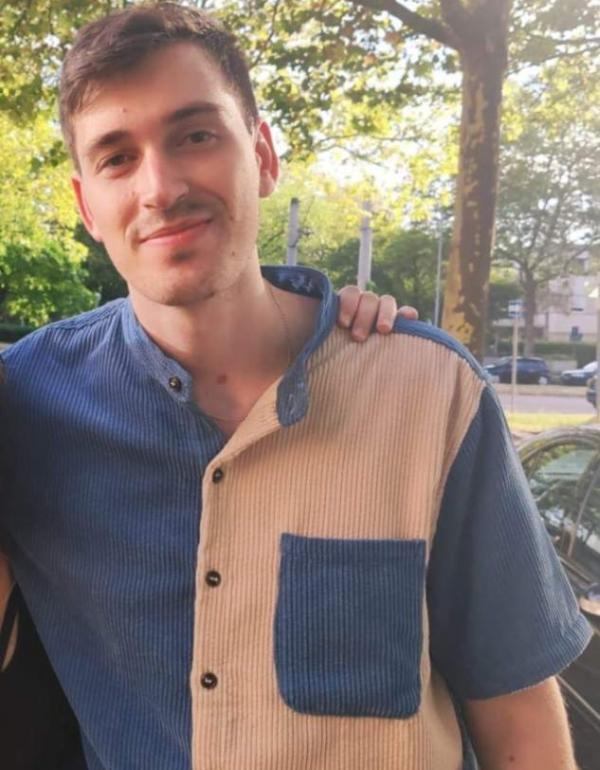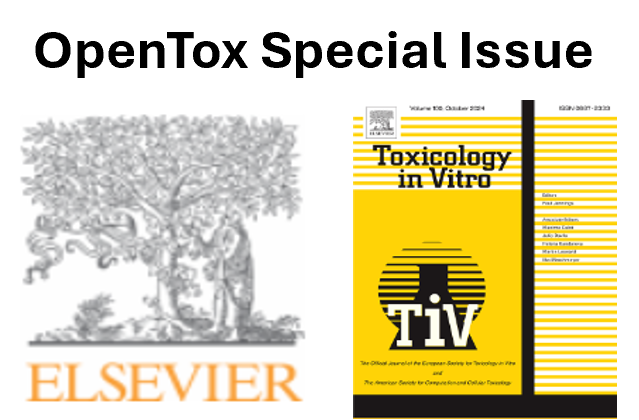
David Heiler Martín has recently joined the Division of Molecular Toxicology at Vrije University in Amsterdam as a PhD student. David was born in Madrid but moved to Frankfurt, Germany, to complete his Bachelors in Biosciences as well as his Master’s degree in Molecular Medicine. During this time, David has had the unique opportunity of completing multiple internships, which immensely strengthened his passion for scientific research and molecular biology. In November of 2024, David started his PhD at the Division of Molecular Toxicology at Vrije University lead by Prof. Dr. Paul Jennings. He is now very excited to study the mechanistic basis of chemical induced toxicity and aid in the development of safer chemicals, including pharmaceuticals. Having worked with a wide range of cell lines as well as organoids during his career, David will use his knowledge in in vitro studies by working with challenging human-cell based systems, such as human renal and hepatic cell systems as well as induced pluripotent stem cell (iPSC) derived models. In this project, David will be involved in optimizing test methods for kidney and liver testing of chemicals of concern by performing numerous different analytical methods including viability assays, barrier function, mitochondrial activity, metabolism and transcriptomics. The project is part of an EU consortium, CHIASMA, which aims to create an integrated framework to perform human and environmental safety evaluation in a regulatory context.
The Chiasma project and PFOS and PFAS nephrotoxicity
This presentation will discuss the VUs involvement in the CHIASMA project. The main aim of the CHIASMA project is to devise a comprehensive set of New Approach Methodologies (NAMs) and integrate them in a solid framework to evaluate chemical and material safety without heavy reliance on animal testing. These NAMs will be particularly tested on chemicals derived from the PFAS chemical family given their high health impact, environmental persistence, and large industrial use; which lead to high societal concern. PFAS, or per- and polyfluoroalkyl substances, stand out for their remarkable properties that render them invaluable in creating products resistant to water, stains, heat, and biodegradation. Despite their utility, exposure to PFAS has been linked to various health risks, such as reduced infant birth weight, hepatoxicity, disrupted lipid metabolism, and compromised immune responses. To gain a comprehensive understanding of the impact of PFAS and PFOS (member of the PFAS family) on the body, in vitro cell models were employed and a series of initial analyses such as viability assays and cell tracking experiments were conducted to observe their reaction towards treatment. Specifically, we utilize human proximal tubule and podocyte cell models, the most sensitive cell types in the nephron. With these experiments, we aim to uncover if and how environmental pollutants such as PFASs and PFOS impact human renal cells in adults and in the developing fetus. Some preliminary results will be presented.

